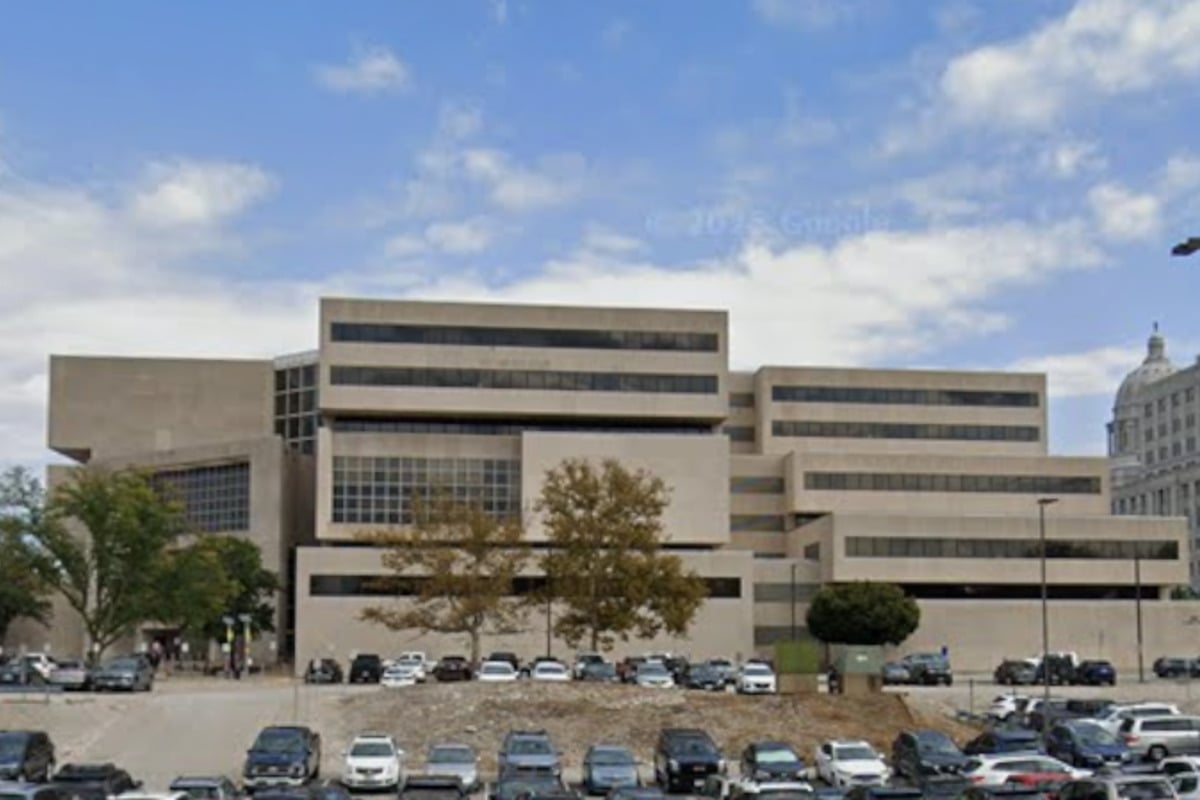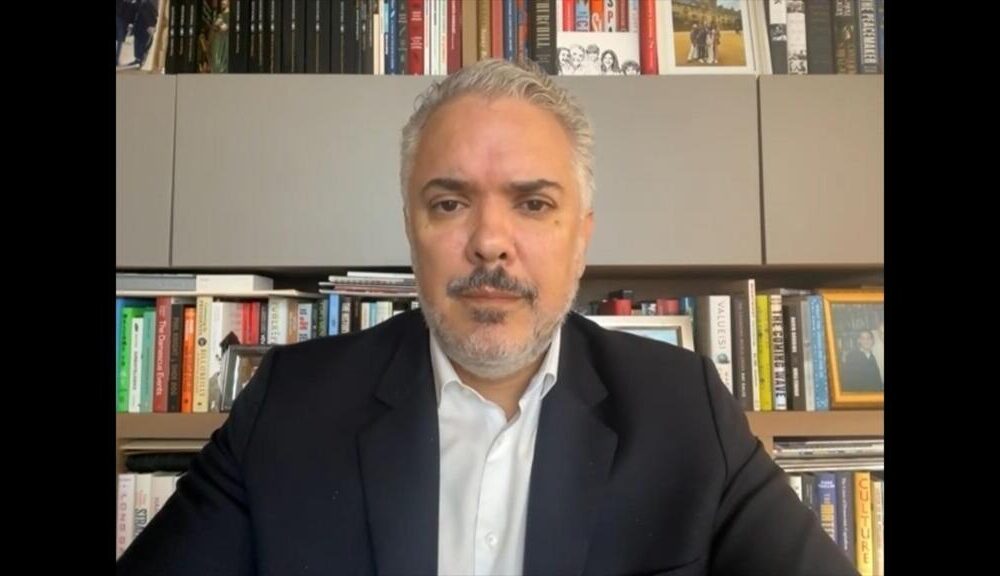U.S. President Donald Trump announced on Sunday that Americans will receive direct payments of “at least $2,000” funded by revenue generated from tariffs imposed on foreign trade partners. This declaration was made via his Truth Social platform, where he highlighted the positive outcomes of his tariff policies, stating that they would not only help pay down the national debt but also support investments in the United States and provide financial relief to citizens.
In his post, Trump emphasized the financial benefits of tariffs, asserting, “We are taking in Trillions of Dollars and will soon begin paying down our ENORMOUS DEBT,” which currently stands at approximately $37 trillion. He noted that the revenue collected could lead to a “dividend” for citizens, excluding those with higher incomes.
According to a September report from the Treasury Department, the government collected $195 billion in customs duties during the first three quarters of the fiscal year. However, critics point out that some companies have transferred these tariff costs onto consumers, affecting prices in the market. Trump’s assertion that the tariffs contribute to a robust economy is met with mixed reactions, as rising costs continue to strain American households.
Legislative Background and Proposed Payments
The idea of returning tariff revenue to American citizens is not entirely new. Earlier this year, Sen. Josh Hawley (R-Mo.) introduced the American Worker Rebate Act, which proposed that the Treasury Department deposit $600 per adult and child into bank accounts of qualifying individuals. To be eligible for this payout, individuals must earn less than $75,000 per year, while couples filing jointly must have a combined income of under $150,000. Those with higher incomes would receive a reduced amount.
Despite its potential benefits, Hawley’s bill has stalled in Congress. As the federal government enters day 40 of a shutdown, the prospects for legislative action appear bleak, with lawmakers struggling to reach an agreement to resolve the ongoing impasse.
While Trump’s comments have garnered attention, the practical implementation of his proposed payments remains uncertain. The administration’s fiscal policies continue to shape discussions about the economy, trade, and the well-being of American families. With the current political climate, it remains to be seen how this proposal will evolve and whether tangible benefits will reach citizens as promised.







